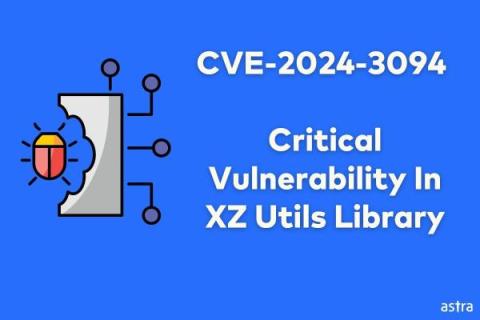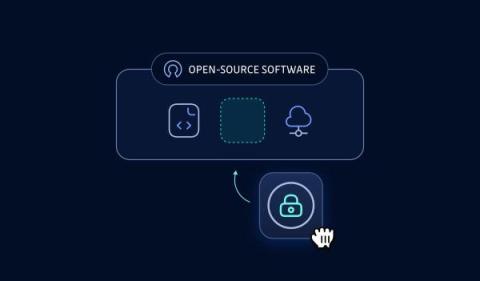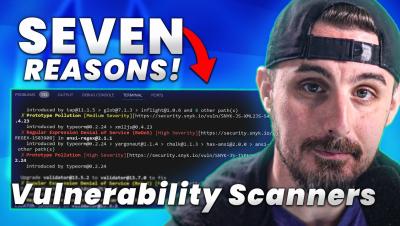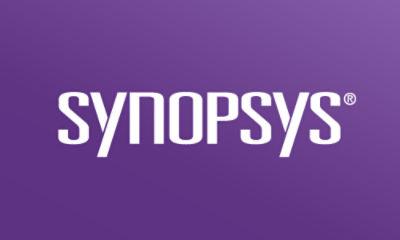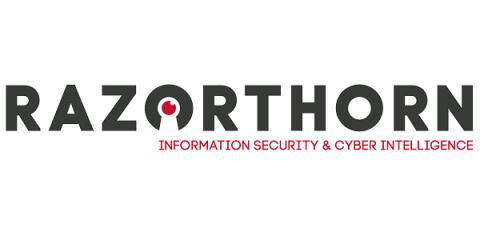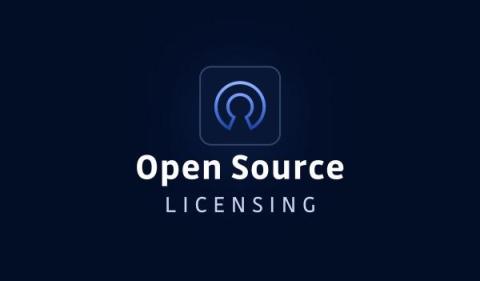CVE-2024-3094 - Critical Backdoor Vulnerability In XZ Utils Open-Source Library
CVE-2024-3094 is a critical backdoor vulnerability found in the XZ Utils open-source library. The vulnerability was caused by a malicious code injected into the library by one of the maintainers. The vulnerability allows remote attackers to execute any desired code on systems with exposed SSH packages.


